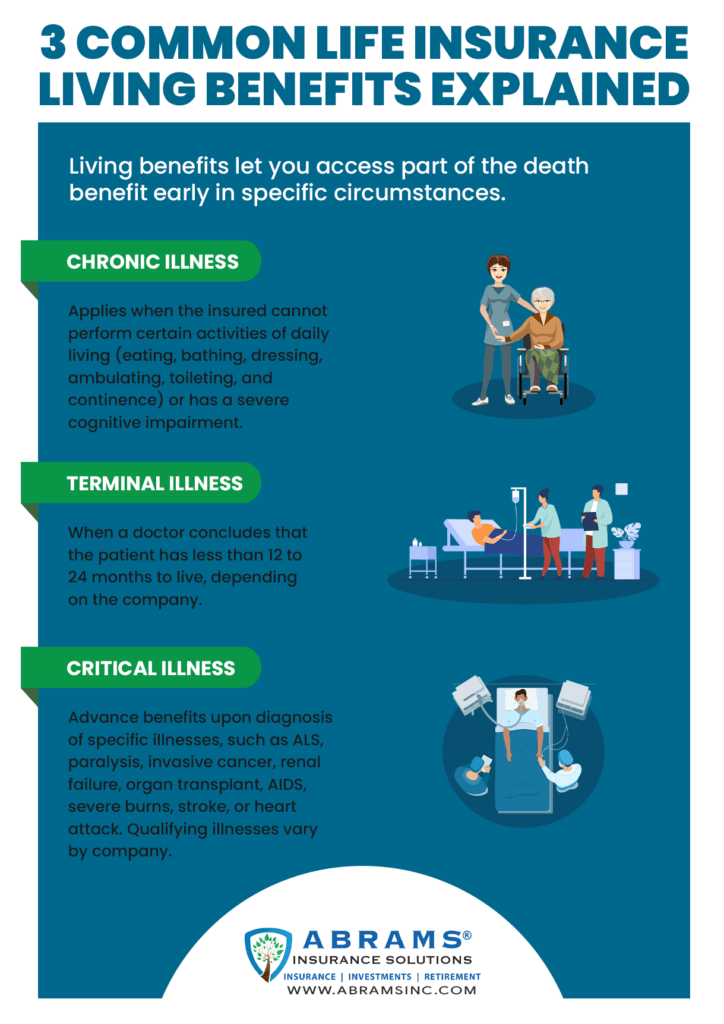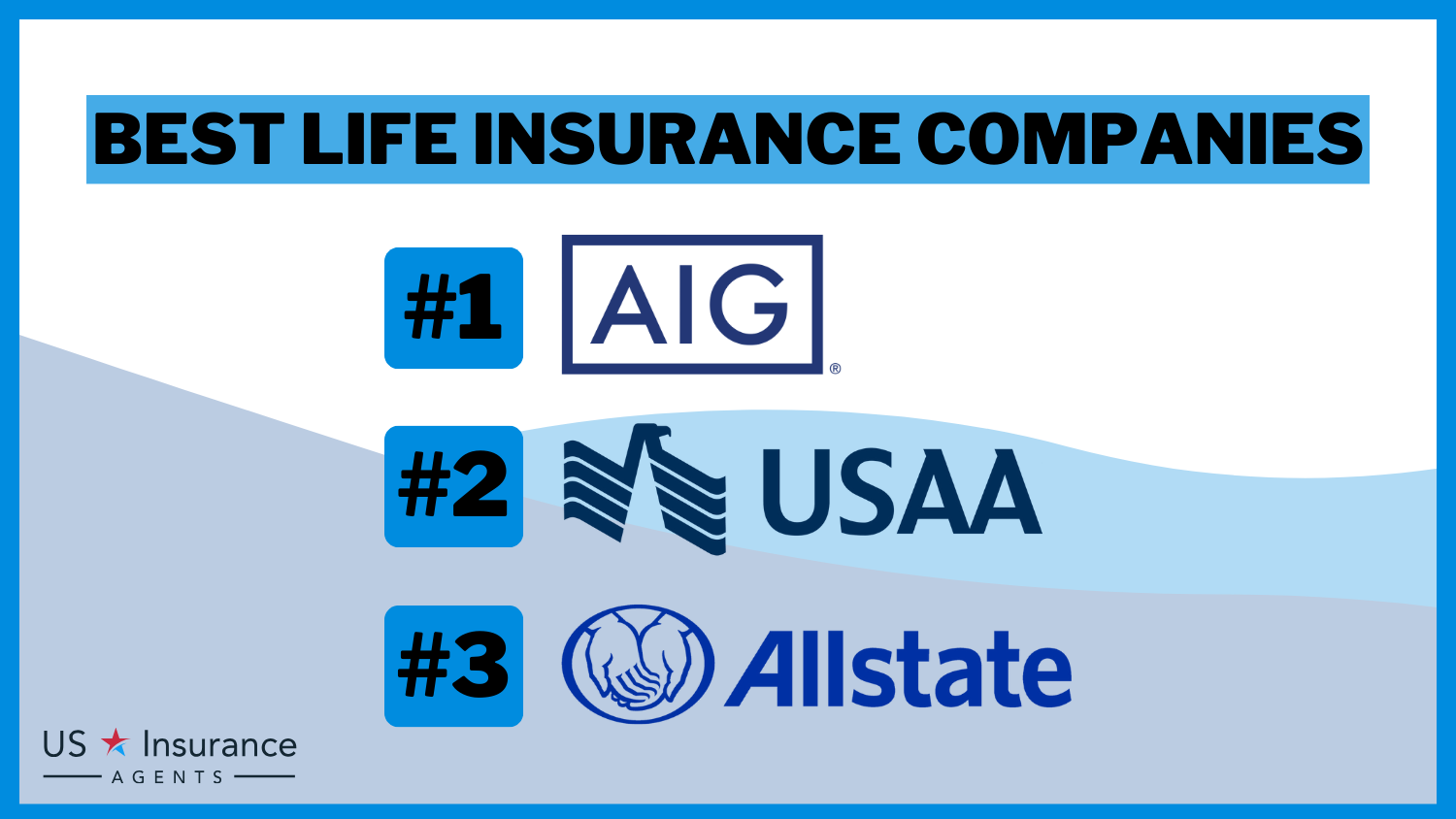What to Do After You’ve Been in a Car Accident
Being involved in a car accident can be a traumatic experience. The adrenaline is pumping, you’re feeling shaken up, and you’re not sure what to do next. But don’t worry, we’re here to help. Here’s a step-by-step guide on what to do after having a car accident:
Safety First
The first and most important thing to do after a car accident is to make sure everyone is safe. If possible, pull over to a safe location. Once you’re out of the way of traffic, check yourself and any passengers for injuries. If you or anyone else is injured, call for medical help immediately. Even if you don’t feel injured, it’s important to get checked out by a doctor, as some injuries may not be immediately apparent.
Once you’ve made sure everyone is safe, you can start to gather information about the accident. This includes exchanging insurance information with the other driver(s) involved, taking pictures of the damage, and getting the names and contact information of any witnesses.
It’s also important to stay calm and collected after a car accident. This can be difficult, but it’s important to remember that panicking will only make the situation worse. Take a few deep breaths and focus on taking care of yourself and the other people involved in the accident.
If you’re feeling overwhelmed, don’t hesitate to ask for help. There are many people who can assist you after a car accident, including the police, your insurance company, and a personal injury lawyer. Finally, remember that you’re not alone. Millions of people are involved in car accidents every year, and there are resources available to help you get through this difficult time.
What to Do After Having a Car Accident
Being involved in a car accident can be a jarring experience, leaving you feeling shaken and uncertain about what to do next. In the aftermath of such an event, it’s essential to stay calm and composed and take the necessary steps to protect yourself, your passengers, and your interests.
Exchange Information
If you are able, exchanging information with the other driver(s) involved is paramount. This includes gathering their names, addresses, phone numbers, insurance information, and license numbers. Don’t forget to write down any witnesses’ names and contact details as well. This information will be essential for insurance claims, police reports, and any potential legal proceedings.
When exchanging information, stay polite and respectful, even if the other driver is agitated or hostile. Remaining calm and professional will help defuse any tension and make the process smoother.
If you’re not sure what to do or who to contact, don’t hesitate to call the police. They can assist with exchanging information, filing a report, and ensuring everyone’s safety.
Remember, it’s always better to err on the side of caution and document as much information as possible. The more details you have, the easier it will be to navigate the aftermath of the accident.
Don’t forget to take pictures of the damage to both vehicles, the accident scene, and any visible injuries. These photos will serve as valuable evidence in case of a dispute or insurance claim.
What to Do After Having a Car Accident
In the aftermath of a car accident, it’s easy to feel overwhelmed and unsure of what to do. But by following these steps, you can help protect yourself and your rights:
Document the Accident
After an accident, the first and most important thing to do is document the scene. This means taking plenty of photos of the damage to all vehicles involved, as well as the surrounding area. If possible, write down a brief description of the accident, including the time, date, location, and any witnesses. This information will be invaluable when it comes time to file an insurance claim or, unfortunately, pursue legal action.
Seek Medical Attention
Even if you don’t feel injured, it’s important to seek medical attention after a car accident. Some injuries, such as whiplash, may not be immediately apparent. Seeing a doctor can help you get the treatment you need and document any injuries for insurance purposes.
Exchange Information
Once you’ve been checked by a medical professional, be sure to exchange information with the other drivers involved in the accident. This includes your name, address, phone number, insurance information, and license numbers. If possible, get the names and contact information of any witnesses as well.
Report the Accident
In most states, you’re required to report any car accident to the police. This is especially important if there are any injuries or significant property damage. The police will create a report that will be helpful when filing an insurance claim.
Contact Your Insurance Company
As soon as possible after the accident, contact your insurance company to report the accident and file a claim. Be sure to provide them with all of the information you’ve gathered, including photos, medical records, and the police report. Your insurance company will investigate the claim and determine how much you’re entitled to recover.
What to Do After Having a Car Accident
After a car accident, it’s easy to feel overwhelmed and unsure of what to do next. By following these simple steps, you can help ensure your safety, protect your rights, and get the compensation you deserve.
Report the Accident
Your first step should be to report the accident to your insurance company. They will need to know the details of the accident, including the time, location, and the other driver’s information. You may also need to report the accident to the police, depending on the severity of the accident and your local laws. If possible, take pictures of the damage to your car and the other vehicle. This will help you document the accident and support your insurance claim.
Get Medical Attention
Even if you don’t feel injured, it’s important to get medical attention after a car accident. Some injuries, such as whiplash, may not show up right away. A doctor can check for any hidden injuries and provide you with treatment. Be sure to tell the doctor about all of your symptoms, even if they seem minor.
Exchange Information
If you are able, exchange information with the other driver(s) involved in the accident. This includes your name, address, phone number, insurance information, and license plate numbers. It’s also a good idea to get the names and contact information of any witnesses.
Hire an Attorney
If you are seriously injured or the other driver is disputing fault, you may want to consider hiring an attorney. An attorney can help you protect your rights, negotiate with the insurance company, and get you the compensation you deserve. An attorney will also be able to help you understand the legal process and all of your options.
What to Do After Having a Car Accident
Car accidents can be a harrowing experience, leaving you shaken, confused, and unsure of what to do next. Navigating the aftermath of a collision requires quick thinking, clear communication, and a thorough understanding of your legal rights and responsibilities. Here’s a comprehensive guide to help you navigate the immediate steps you should take after being involved in a car accident.
Get Medical Attention
Your health and well-being should be your top priority. Even if you don’t feel injured, it’s crucial to seek medical attention as soon as possible. Some injuries, such as whiplash and concussions, may not manifest symptoms immediately. A medical professional can thoroughly assess your condition and provide necessary treatment.
Secure the Scene
Once you’ve ensured your safety, focus on securing the accident scene. Park your vehicle in a safe location, turn on your hazard lights, and use flares or reflective triangles to alert other drivers. If possible, take photos of the damage to both vehicles and the surrounding area.
Exchange Information
It’s essential to exchange vital information with the other driver(s) involved in the accident. Gather their names, contact details, insurance policy details, and license plate numbers. If there are any witnesses, obtain their names and contact information as well.
File a Police Report
Regardless of the severity of the accident, it’s highly advisable to file a police report. A police report provides an official record of the incident, which can be crucial for insurance claims and legal proceedings. Make sure to get a copy of the police report for your records.
Contact Your Insurance Company
Report the accident to your insurance company as soon as possible. They will guide you through the claims process, provide assistance with repairs or replacement of your vehicle, and ensure that you receive fair compensation for your damages and expenses. Remember to provide accurate and detailed information about the accident.
Seek Legal Advice (Optional)
Depending on the circumstances of your accident, you may consider seeking legal advice. An attorney can represent your interests, negotiate with insurance companies, and guide you through the legal process. Legal representation can be especially valuable if the accident resulted in significant injuries or property damage, or if there are disputes over liability.
Additional Tips:
– Stay calm and collected, as it will help you make clear decisions.
– Don’t admit fault or apologize at the scene of the accident.
– Keep a record of all expenses related to the accident, such as medical bills and repair costs.
– If you have any injuries, follow your doctor’s recommendations for treatment and recovery.
– Don’t hesitate to ask for help or guidance from trusted friends, family, or professionals.
Remember, the immediate aftermath of a car accident can be overwhelming, but by following these steps, you can protect your well-being, preserve your rights, and mitigate the impact of the incident.
What to Do After a Car Accident: A Step-by-Step Guide
Being involved in a car accident can be a traumatic and stressful experience. It’s easy to feel overwhelmed and unsure of what to do next. However, taking the right steps immediately after an accident can help protect your rights and ensure you receive the compensation you deserve.
1. Stay Calm and Assess the Situation
After an accident, it’s important to remain calm and assess the situation. Check for any injuries, and if possible, move your vehicle to a safe location. Turn on your hazard lights to alert other drivers and make yourself visible.
2. Call for Help
If anyone is injured, call 911 immediately. Even if the injuries seem minor, it’s always better to err on the side of caution. Provide the dispatcher with as much information as possible, including your location and the number of vehicles involved.
3. Exchange Information
Once you’ve ensured everyone is safe, exchange information with the other drivers involved. This includes your name, contact information, insurance company, and policy number. Take pictures of the damage to all vehicles involved, as well as any visible injuries.
4. Report the Accident to Your Insurance Company
Report the accident to your insurance company as soon as possible. They will need to know the details of the accident, including the other driver’s information. Your insurance company will assign you a claims adjuster who will help you through the claims process.
5. Seek Medical Attention
Even if you don’t feel injured, it’s important to seek medical attention after an accident. Some injuries may not be immediately apparent, and it’s better to be safe than sorry. Your doctor can evaluate your injuries and recommend any necessary treatment.
6. Hire an Attorney
If the accident was serious or you are having trouble dealing with the insurance companies, consider hiring an attorney. They can help you protect your rights and get you the compensation you deserve. An experienced car accident attorney can guide you through the legal process, represent you in court, and negotiate a fair settlement with the insurance companies. A good attorney will take the burden off your shoulders and fight for your best interests. They can also help you navigate the complexities of the legal system and ensure that you receive the justice you deserve.
7. Follow Up
After the accident, follow up with your insurance company and attorney regularly. Keep them updated on your condition and any medical treatment you receive. This will help them build a strong case and ensure that your claim is handled efficiently.
8. Take Care of Yourself
After a car accident, it’s important to take care of yourself both physically and emotionally. Make sure you’re getting enough rest, eating healthy foods, and exercising regularly. Allow yourself time to heal from your injuries and don’t hesitate to seek professional help if you’re struggling with the emotional aftermath of the accident.
Remember, being involved in a car accident is a stressful experience, but by following these steps, you can protect your rights and ensure you receive the compensation you deserve.




Leave a Reply